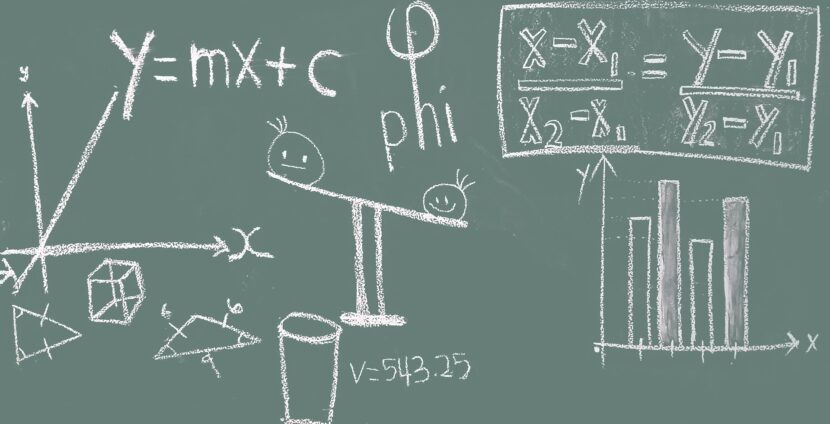In Germany, every student in public secondary education (PSHE) is required to take at least four standard credits per year. The minimum number of credit hours required by state law is three. Most colleges and universities also have a minimum number of credit hours required for graduation; however, these requirements vary from one institution to the next. All institutions have a minimum number of credit hours required for completion of their mathematics courses.
In Germany, most students learn mathematics by taking a single course or courses in high school. At least some of these introductory classes cover algebra, but many do not. For those who do take algebra, the focus is usually on practice tests rather than concepts. A good portion of these introductory classes cover only arithmetic concepts, while little attention is paid to developing the ability to think analytically, which is the hallmark of advanced math studies. For students learning to think analytically, these courses are a great opportunity to learn the important steps that make up the conceptual understanding of advanced mathematics courses.
Once students have learned the necessary algebra and calculus formulas to solve problems, they move on to more complex problems involving multiplication, division, and ratio analysis. Once students have developed an understanding of how to multiply and divide, they must understand the concepts behind ratios. Understanding and mastering the concepts of geometric shapes such as lines, angles, and squares, as well as rectangles, should be a part of any advanced math studies program. Once students have mastered all of these basic topics, they are ready to move on to calculus courses. Calculus courses teach students the concepts of acceleration, velocity, force, and the Law of Gravity, all essential topics for advanced mathematics studies.
In order to fully grasp and improve the concepts that guide advanced mathematics studies, it is imperative that students also develop a working knowledge of real life problems such as real estate taxes, mortgages, insurance premiums, health care costs, automobile insurance, and personal budgets. Students need to be prepared to apply their new-found conceptual understanding to their own personal lives. Learning to successfully apply concepts learned in advanced math courses requires students to demonstrate the exact application of previously learned notions in the real world. This can be accomplished through a series of mock financial transactions or by re-creating a financial transaction in as much detail as possible using only your mind, paper, and calculator. Another great way to exercise your mental readiness for advanced math studies is to complete practice tests that ask you to answer questions based on previously written materials and problems.
A college student must pass at least four standard credits in order to earn the equivalent of a diploma in mathematics. Standard college credit courses are grouped into specific categories that range from Algebra and Trigonometry to Probability and Statistics. Most colleges have a minimum number of credit hours required for students to earn the equivalent of a degree in mathematics. Once you have at least four standard credits earned in these credit-bearing courses, you will be required to take one more course in the same subject in order to fulfill your mathematics requirement.
The fourth standard credit required by the College Board is “umerary skills,” which includes learning to solve mathematical problems and perform other arithmetic activities. The requirements for this standard credit vary from institution to institution, so it is important to check with your academic institution before you enroll in a mathematics course. It is rare for students to receive a Bachelor of Science in Mathematics within the first two years of study, and students may also take up to four additional years of upper division or honors courses in order to earn a Master of Science in Mathematics. Almost all institutions require students to pass at least four standard credits in order to earn their degree.
